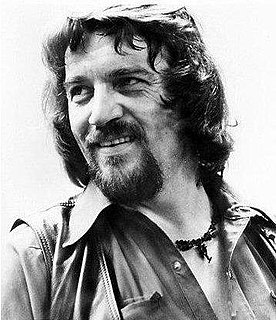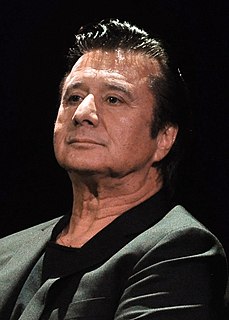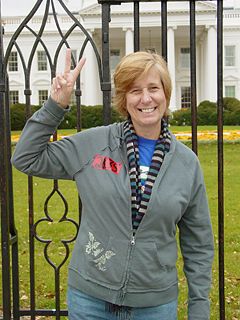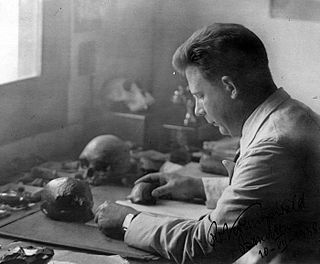A Quote by Waylon Jennings
We did an album one time called White Mansions, about the civil war, but it was written by a guy from England. His looking at it from over there and it not being a part of his history made it so he could be objective.
Related Quotes
in that small [time] most greatly lived this star of England: Fortune made his sword, By which the world's best garden he achiev'd And left it to his son imperial lord. Henry the Sixth, in infant bands crown'd King of France and England did this King succeed; Whose state so many of had the managing, That they lost France and made his England bleed.
There's this Method Man album called 'Tical.' It's his first album. I would just listen to that every day, because the album feels like, if it were a film, it would be black and white. It feels like there's a war percolating throughout the album itself. It's dark, and it has a nice forward pace to it.
Well. There was noting to be done for it. Things had happened as they did, time's arrow had yet to be reversed by humans, done was done. If a man spent his life looking over his shoulder at every possible branching of his path he could have taken, he would never accomplish anything. One must learn from history so as not to repeat it, but one must not waste one's energy or time worrying about what might have been. Sorry . . . but people die every day and the galaxy continues on quite well without them. Consider yourself lucky you are one of those as yet unselected by the Fates.
My father was only born something like 30 years after the Civil War ended, 35 or 40. He was born closer to that than the era in which he died. He was born in 1891, no television, no phones, barely any electricity. He wrote a book to all of us that was really just a compilation of the letters that he had written over the years to my grandmother when they were courting, in the horse and buggy era. Everybody said, "When did you have time to do this?" Relating their own lives to his. He said, "What do you mean, when did I have time? This is all we did." There was no TV, none of that.
What a wee little part of a person's life are his acts and his words! His real life is led in his head, and is known to none but himself. All day long, the mill of his brain is grinding, and his thoughts, not those of other things, are his history. These are his life, and they are not written. Everyday would make a whole book of 80,000 words -- 365 books a year. Biographies are but the clothes and buttons of the man -- the biography of the man himself cannot be written.
When the facts of history are written Haile Selassie of Abyssinia will go down as a great coward who ran away from his country to save his skin and left the millions of his countrymen to
struggle through a terrible war that he brought upon them because of his political ignorance and his racial disloyalty.
What it targets is not something that's really looked at a lot in terms of the war. This is stuff that's off the beaten path in terms of what we think of every time you start a Civil War history or a Civil War presentation. It's usually about the military and the soldiers and all that stuff. And this is not. It's the backdrop to a place and a time and circumstances that didn't have anything to do with that.
History of America, Part I (1776-1966): Declaration of Independence, Constitutional Convention, Louisiana Purchase, Civil War, Reconstruction, World War I, Great Depression, New Deal, World War II, TV, Cold war, civil-rights movement, Vietnam. History of America, Part II (1967-present): the Super Bowl era. The Super Bowl has become Main Street’s Mardi Gras.
There used to be this guy called Vinny who worked on the floor of the stock exchange, said one big investor who had observed the market for a long time. After the markets closed Vinny would get into his Cadillac and drive out to his big house in Long Island. Now there is the guy called Vladimir who gets into his jet and flies to his estate in Aspen for the weekend. I used to worry a little about Vinny. Now I worry a lot about Vladimir
Man did not address his inquiries to the earth on which he stood until a remarkably late stage in the development of his desire for knowledge. And the answers he received to the questions, "Where do I come from?", "What is man?", although they made him poorer by a few illusions, gave him in compensation a knowledge of his past that is vaster than he could ever have dreamed. For it emerged that the history of life was his history too.




































